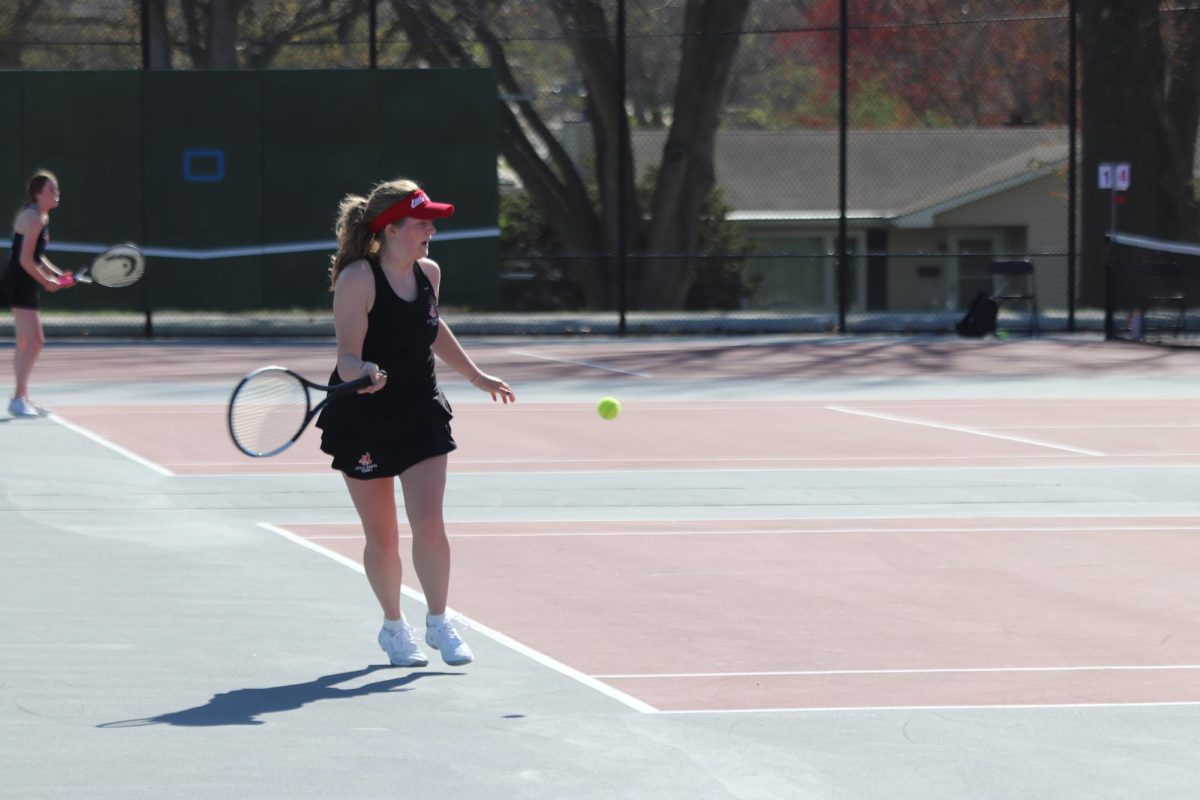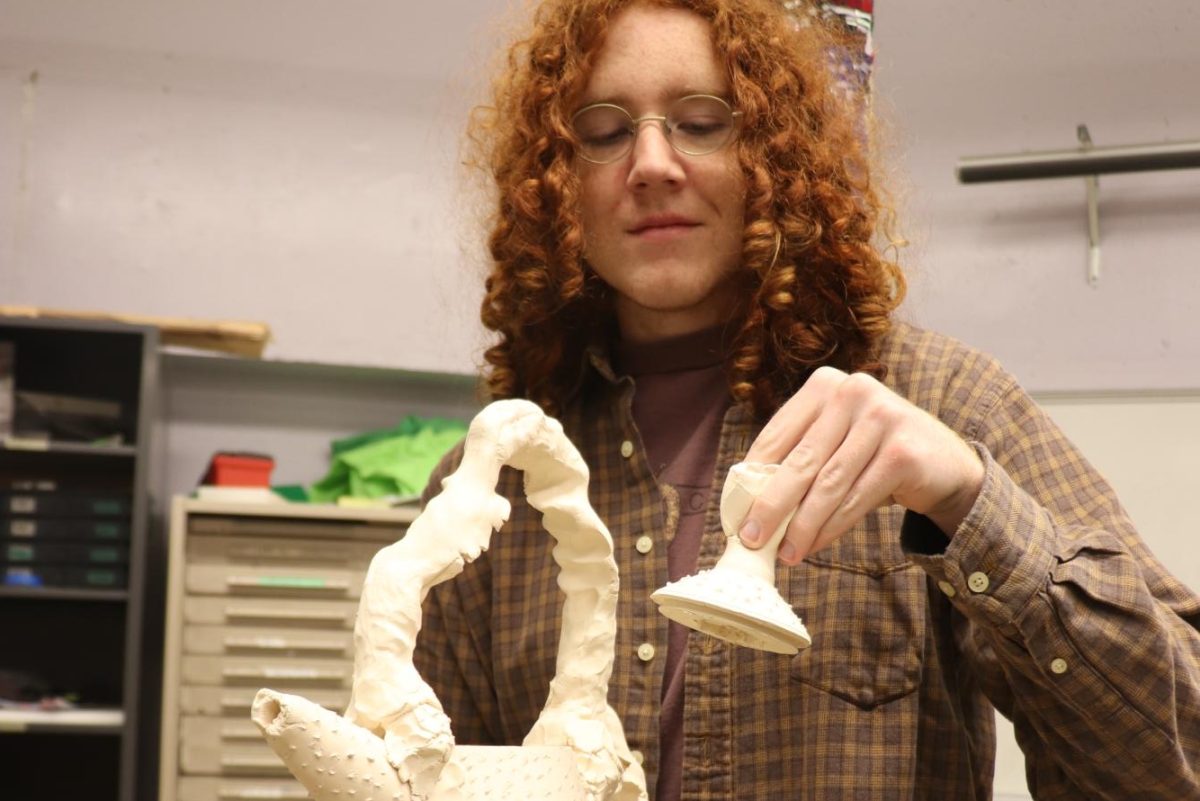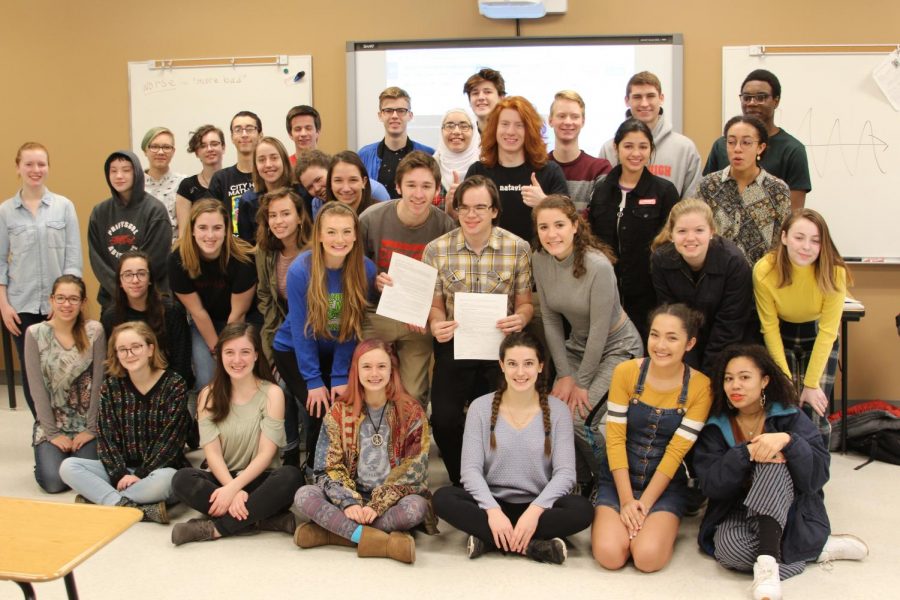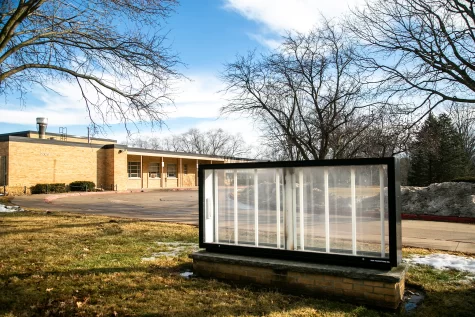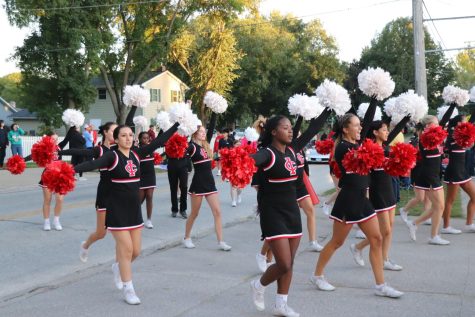Student Senate Preambles Through Constitutional Convention
Spurred on by debate about the attendance policy, Student Senate made a series of constitutional rewrites.
Student Senate
February 15, 2018
The revision of the Constitution was finally passed on January 31st. Changes included an attendance requirement for juniors planning on running for presidency and vice presidency, along with a clause on keeping Executive Board members (President, Vice President, Secretary, and Treasurer) in check.
I do agree with the inclusivity–anyone can be the President, anybody can be the Vice President, but there is definitely a need for someone to attend at least a few meetings of the Student Senate so that they understand how it works because it’s a vital institution for getting stuff done around here.
— Teagan Roeder
“I think the main thing that the constitution was reformed for was to try to give to give a definite fix the the attendance policy that people were having some problems with last year.” said Patrick McMillan ‘18, Student Senate Vice President. “It was unclear what the actual rules were and how late you needed to come before you wanted to try to run for office.”
Rules for running were especially important last year, when rules were not clear and advertised enough for prospective candidates. Ultimately, Principal John Bacon had to intervene to set the bar for the rest of last year’s election period.
“In past years this hadn’t really been well publicized so people were prevented from running for office because they were unaware of the requirements to do so.” said Liza Sarsfield ‘19.
Roeder agrees.
“Honestly, last year was just a learning experience of how not to implement an attendance policy.” said Roeder.
Naturally, this issue returned during the revision of the constitution. Two sides of the attendance debate emerged during discussions–candidates should be required to attend either one-third of meetings or one-half of meetings each year. The rule would also be set for the remainder of the year post-ratification. Roeder hoped the requirement would either be lowered or gotten rid of completely.
“I do agree with the inclusivity–anyone can be the President, anybody can be the Vice President, but there is definitely a need for someone to attend at least a few meetings of the Student Senate so that they understand how it works because it’s a vital institution for getting stuff done around here.” said Roeder.
Although some students preferred a more open policy, many students who had been attending Student Senate for a longer amount of time prefered a higher bar.
“A group of us just wanted to be sure that whoever did run for office was actually dedicated to the group and not running as a joke as we’ve seen in previous years.” said Maya Durham ‘19.
I think some of the standards put in place for current Executive members was necessary so we could hold the people accountable
— Patrick McMillan '18
After weeks of debate and advisory meetings, senators voted for the requirement to be one-third of all meetings.
“It acts as a way to make sure that someone who is running for office knows what they are getting into and that they will be dedicated to the senate.” said Liza Sarsfield, a student senator in favor of the one-third rule. “It also helps to make sure that they get a feel for how meetings run so they don’t come in with no clue at all how things operate.”
Another change to the Constitution is a more planned out budget along with designated committees, including the Dance, Fundraising, Homecoming, Can Drive, and Election Committees.
“It’s good to designate ongoing committees, although I think we all knew that those were the functions before.” said Chip Hardesty, a Student Senate advisor.
One of the final changes was creating a clause named “Termination of the Executive Office”. These rules set a standard for removing a member from their Executive position if they are not fulfilling their roles.
“In the past [the position] has just been given to them and they’ve kept it whether they’ve performed well or not.” said McMillan. “I think some of the standards put in place for current Executive members was necessary so we could hold the people accountable for whether they wanted to be class rep or an Executive Board member like Secretary or Treasurer.”
However, McMillan is glad that the revision process is over with. The next revision is scheduled to take place in two years.
“Revising the constitution was quite a bit of work.” said McMillan.“I’m glad it’s finally over because we have some projects I’m really looking forward to.”







